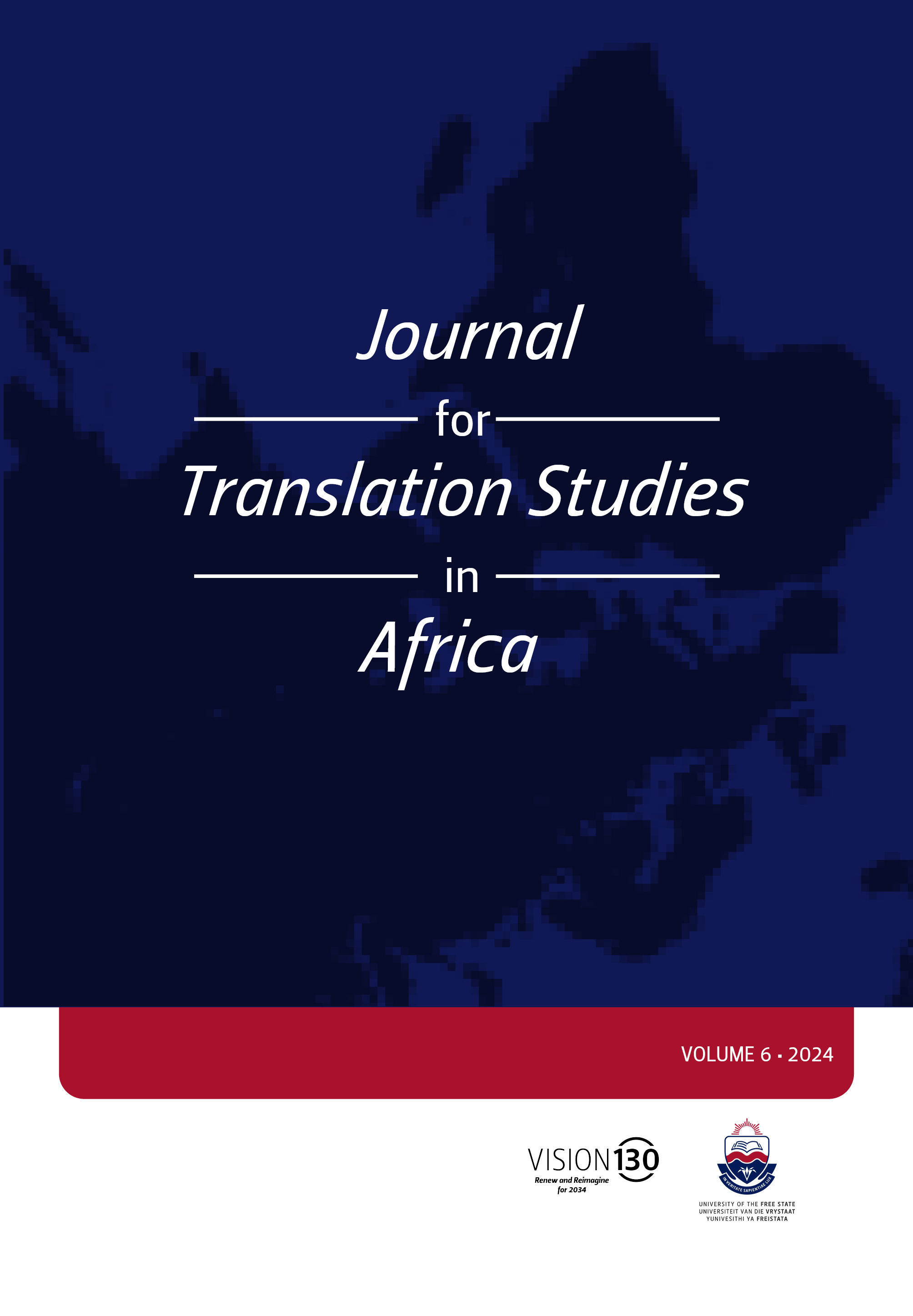A Stock-taking of the Interpretation Evaluation Approach at the Advanced School of Translators and Interpreters (ASTI)
DOI:
https://doi.org/10.38140/jtsa.v6i.7874Keywords:
Interpretation, assessment, interpreting competence, scoring, objectivityAbstract
This article aims to take stock of the evaluation approach used at the Advanced School of Translators and Interpreters (ASTI) of the University of Buea in Cameroon. Testing and assessing interpreting trainees have increasingly become a topic of interest in conference interpreting research. It plays a vital role in developing competent interpreters who are able to navigate the complex demands of multilingual communication. As the field of interpreting continues to evolve, it is crucial to evaluate the assessment methods used to gauge the proficiency of trainees. This endeavour appraises the interpretation evaluation at ASTI, given that assessing trainees can be a daunting challenge, especially when a specific scoring method is not adopted and the process relies on general criteria upon which every stakeholder in interpreter education bases their evaluation of trainees’ output. Reflecting on questionnaires filled by both permanent and visiting lecturers at ASTI, this work seeks to review the assessment criteria applied for the marking of core subjects, namely simultaneous interpreting, consecutive interpreting and sight translation with the aim of shedding light on the specificities of scoring operationalisation, its possible lacunae and opportunities for the establishment of a more objective system. It first reviews the current assessment methods at ASTI. It secondly points out the strengths and weaknesses of the said methods. Finally, it identifies future directions that could help overcome the challenges and ensure greater fairness and objectivity in the assessment process.
Downloads
##submission.downloads##
Published
How to Cite
Issue
Section
License
Copyright (c) 2024 Séraphine Dougophe, Dr., Dr.

This work is licensed under a Creative Commons Attribution 4.0 International License.




